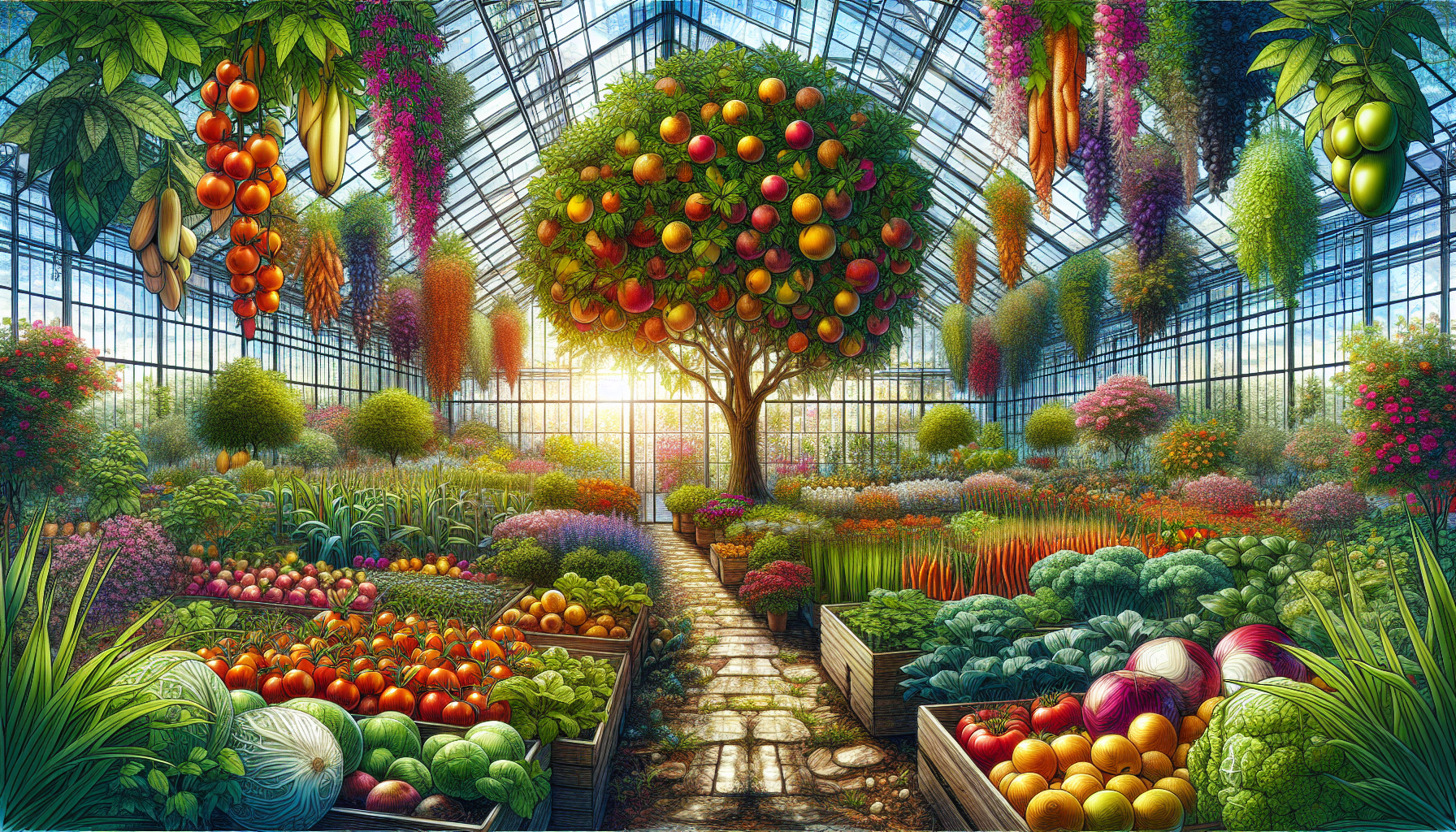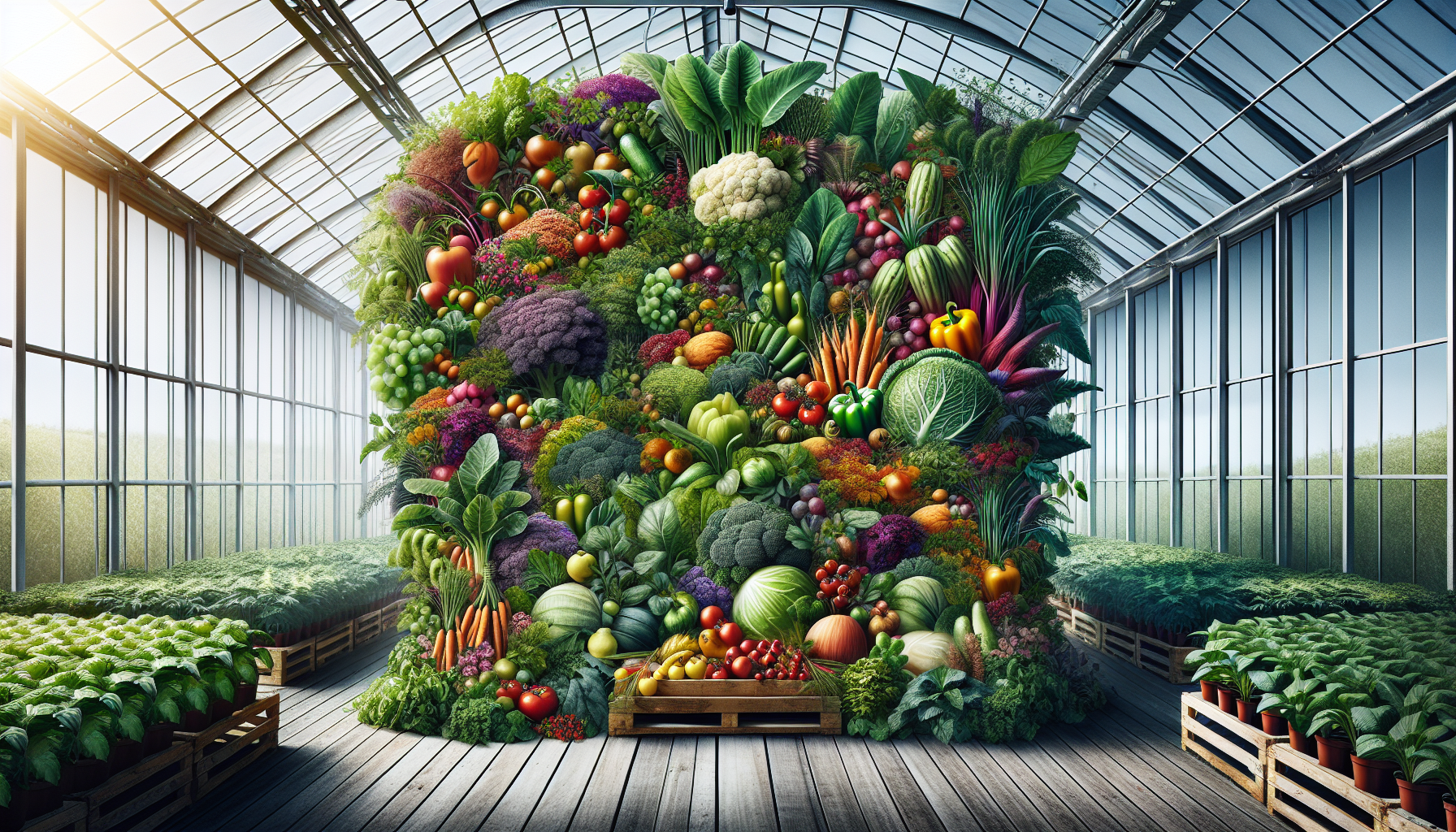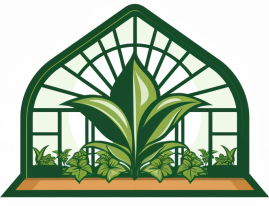
When it comes to gardening, you might have considered the idea of shifting towards a greenhouse setup. Through “Reaping the Benefit of greenhouse gardening“, you will become more enlightened about how these temperature-controlled structures bring a wealth of opportunities for your gardening passion. The article expounds on the advantages that could turn your gardening around by ensuring better growth, preventing the spread of diseases, and allowing year-round cultivation. Undertaking greenhouse gardening could truly transform your green thumb efforts into something quite extraordinary.
Understanding Greenhouse Gardening
Understanding greenhouse gardening can open up a world of opportunities for you as a gardener. This method of gardening offers a controlled atmosphere for plant cultivation which leads to increased yield, higher quality crops and extended growth periods. Whether it’s about growing a wide variety of vegetables, flowers, or even exotic plants, greenhouse gardening brings about an unparalleled level of satisfaction and a host of benefits to the gardener and the environment alike.
Defining Greenhouse Gardening
Greenhouse gardening refers to the practice of growing plants within a structured shelter called a greenhouse. This shelter made of glass or plastic material is designed to trap the sun’s heat, providing a warm and stable environment for plants to thrive regardless of the outdoor weather conditions. It offers an enclosed environment where you can manipulate conditions such as light, temperature, and humidity to suit the needs of your plants.
History and Evolution of Greenhouses
The concept of greenhouses has been around for centuries. The Romans were among the first to utilize a form of greenhouse called ‘Specularium’, primarily to grow cucumbers for their emperors. Over the years, the design and functionality of greenhouses have evolved, now equipped with advanced technologies and features like automated ventilation, heating controls, and humidity monitoring systems, making them more efficient and effective.
Types of Greenhouses
There are numerous types of greenhouses, each designed to cater to different needs and environments. These include Lean-to greenhouses, attached to an existing structure; Free-standing greenhouses, entirely separate structures; and High-tech commercial greenhouses, equipped with advanced technologies for large-scale production.
Extended Growing Seasons
One of the primary advantages of greenhouse gardening is the possibility to extend the growing seasons.
Overcoming Weather Limitations
Greenhouses provide a controlled environment that can overcome weather limitations. You don’t have to worry about unexpected frost, heavy rains, or excessive heat affecting your plants. You can also start your seeds much earlier without worrying about last-minute frost destroying your young plants.
Planting Off-Season Crops
With a greenhouse, you no longer have to adhere strictly to seasonal planting schedules. You can now experiment and grow off-season crops all year round, offering a constant supply of fresh and nutritious produce.
Year-Round Horticulture
Whether you are a hobby gardener or a commercial cultivator, the prospect of year-round horticulture is a dream come true. From beautiful flowers that bloom only in certain seasons to exotic plants from different climates, your greenhouse becomes a sanctuary of continuous growth and cultivation.

Controlled Environment
One of the main advantages of a greenhouse is the ability to control and maintain the ideal environment for your plants’ growth.
Regulating Temperature
With a greenhouse, you can regulate the temperature to meet the specific heat requirements of your plants. By controlling the temperature, you ensure optimal photosynthesis, effective nutrient absorption, and overall healthy plant growth.
Humidity Management
A greenhouse allows you to maintain the right humidity levels necessary for plant growth. Correct humidity levels can prevent common plant health issues like mold, dryout, or wilting, ensuring that your plants thrive in the best conditions.
Pest and Disease Control
A closed greenhouse environment offers additional protection against pests and diseases. With fewer potential infestors, you can reduce the use of harmful pesticides and chemicals, creating a more healthy and sustainable garden environment.
Optimizing Plant Growth
Greenhouse gardening provides an ideal set-up to optimize your plant growth, often enhancing the rate of photosynthesis and enabling fresh concepts like soil sterilization and hydroponics.
Enhanced Photosynthesis
Due to the nature of the greenhouse design, sunlight is readily available throughout the day, supporting enhanced photosynthesis and hence, promoting healthier plant growth and higher yields.
Soil Sterilization Concepts
The introduction of soil sterilization techniques can also be easily incorporated in a greenhouse, combating soil-borne diseases and enhancing plant health and growth.
Utilizing Hydroponics in Greenhouses
Greenhouses are ideal for implementing innovative gardening methods, such as hydroponics. This soil-less method of cultivation enables faster growth, increased yield, and less space consumption, making greenhouses even more efficient.

Water Efficiency
Greenhouse gardening also contributes to water conservation in several ways.
Irrigation Systems
Specialized irrigation systems like drip or mist irrigation can be installed in greenhouses which use water more efficiently and minimize wastage.
Water Conservation Techniques
Various water conservation techniques like mulching or using water-retaining polymers can be introduced. These not only conserve water but also help in maintaining optimal soil moisture, promoting healthier plant growth.
Reusing and Recycling Water
Greenhouses also offer opportunities for reusing and recycling water, reducing the overall demand on water resources. The humidity in a greenhouse can contribute to condensation, and this water can be collected and used for irrigation.
Protecting Plants from Extreme Weather
Plants cultivated within a greenhouse are significantly protected from the damaging effects of extreme weather conditions.
Shielding from Storms and Wind
Storms and diseases pose a significant risk to outdoor plants. Greenhouses provide a protected environment that shields delicate plants from storms, winds, and hail.
Insulation During Cold Spells
Insulation material can be used within greenhouses to trap heat and maintain stable temperatures during cold spells, ensuring your plants remain unaffected by frost or freezing temperatures.
Shading from Excessive Heat
During scorching heatwaves, shade cloths can be used to reduce sunlight intensity and control the temperature within the greenhouse, protecting your plants from heat stress.
Year-Round Crop Production
Year-round crop production is another significant advantage of greenhouse gardening.
Cultivating a Variety of Crops
Greenhouses make it possible to cultivate a wide variety of crops at any time of the year. It opens the door to expanding your plant selection beyond what’s traditionally grown in your local climate.
Succession Planting Strategies
The application of succession planting strategies becomes more straightforward in a greenhouse. This method, involving planting different crops in the same area throughout the growing season, maximizes production, and keeps your garden thriving all year.
Market Advantages of Off-Season Produce
Off-season produce can also garner higher prices in the market due to its scarcity. They also increase the availability of fresh local produce during the off-season, benefitting the local food economy.
Increased Yield and Quality
Greenhouses often result in increased yield and superior quality of produce, making them a favored option among commercial growers and backyard gardeners alike.
Maximizing Space Efficiency
The specific layout and design of greenhouses allow for maximum use of space. With vertical gardening methods, trellises, and hanging plants, a greenhouse can produce significantly more than a similarly sized open field.
Quality Control of Produce
The controlled environment of a greenhouse offers far better quality control than typical open-air gardening. Factors like temperature, humidity, and sunlight, crucial in determining the quality of the produce, can be managed effectively throughout the year.
Higher Output Ratios
Due to the combination of controlled conditions and efficient growth methods, a greenhouse typically yields a higher output ratio. This higher yield is not only gratifying but also can be highly profitable if you’re into commercial farming.
Economic Benefits
Greenhouse gardening also brings about multiple economic benefits.
Cost-Effectiveness of Scale
Greenhouses can provide larger quantities of high-quality crops while using less water, land, and resources compared to traditional farming. This cost-effectiveness of scale translates into increased income for commercial growers.
Opportunities for Local Sales
With the ability to grow off-season crops and provide fresh produce year-round, greenhouses can create opportunities for local sales and farmer’s markets, benefiting local economies and promoting sustainability by reducing food miles and transportation costs.
Reduction in Transportation Costs
Greenhouses reduce the need for transportation and its associated costs, as they provide the capability to grow a variety of plants locally that may not be native to your region’s climate.
Personal Satisfaction and Health Benefits
Lastly, greenhouse gardening offers a wealth of personal satisfaction and health benefits.
Therapeutic Effects of Gardening
Studies show that gardening can have several therapeutic effects, including stress reduction and improved mental health. Tending to a greenhouse can provide a sense of achievement and peace as you nurture and watch your plants grow.
Nutrition and Freshness
Homegrown produce is typically more nutritious and fresh than store-bought alternatives. Having a greenhouse ensures that you always have access to fresh produce, leading to a healthier diet.
Engagement in Sustainable Practices
Greenhouse gardening aligns with sustainable living practices. As a greenhouse gardener, you are contributing to water conservation and reducing food miles, while producing fresh organic food and co-existing harmoniously with nature.
In conclusion, the benefits of greenhouse gardening are vast and multi-faceted, providing not only personal satisfaction but also contributing to better health, economic viability, and environmental sustainability. So, whether you’re a seasoned gardener or just starting out, consider greenhouse gardening, and enjoy the rewards of your green thumb no matter what the season.

